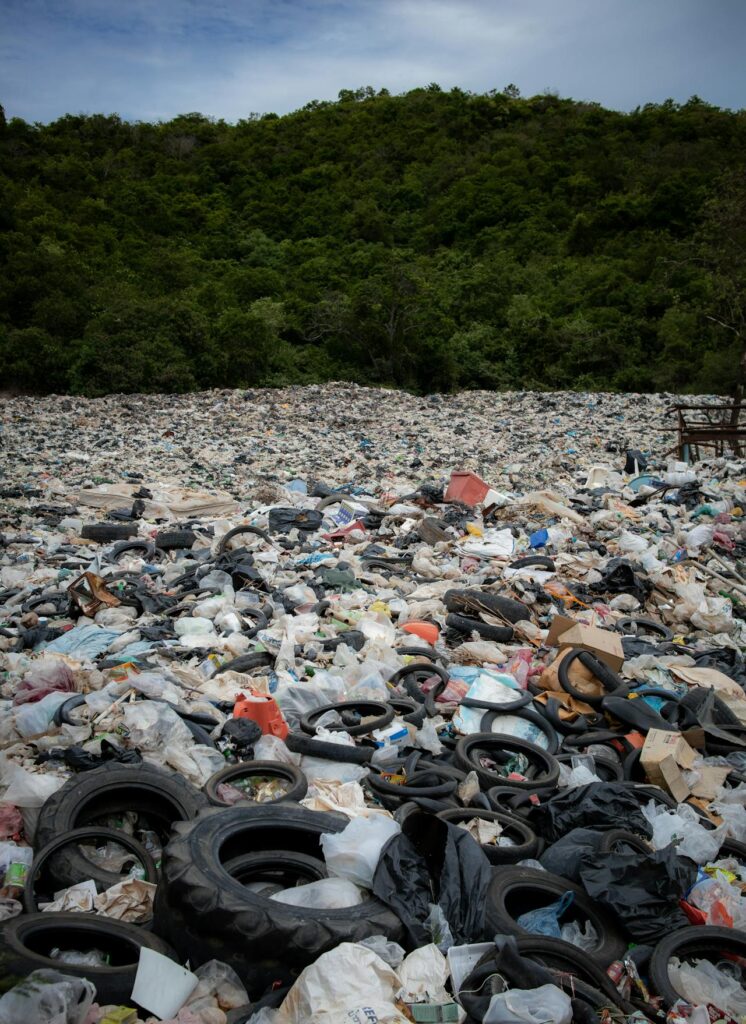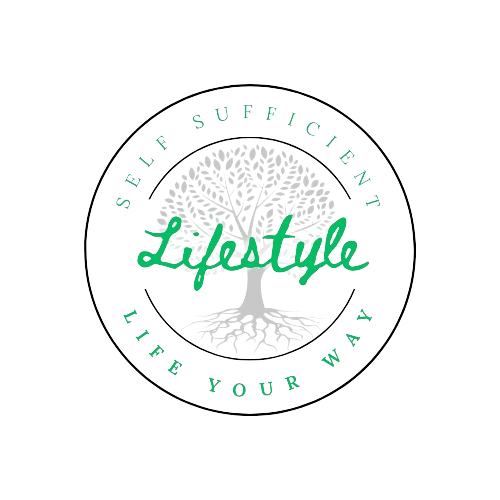
In a world inundated with disposable products and single-use plastics, the concept of zero waste living offers a beacon of hope for a more sustainable future. Zero waste living is not about producing absolutely no waste whatsoever; rather, it’s about minimizing waste as much as possible by adopting mindful consumption habits, reducing reliance on disposable items, and embracing sustainable alternatives. In this blog post, we’ll dive into the world of zero waste living, offering practical tips and strategies for reducing waste, recycling effectively, and embracing a more sustainable approach to consumption.
Understanding Zero Waste Living: More Than Just Recycling
At its core, zero waste living is about rethinking our relationship with stuff and challenging the culture of overconsumption and waste. It’s about questioning the throwaway mentality that dominates modern society and seeking alternatives that are less harmful to the planet. Zero waste living emphasizes the principles of reduce, reuse, recycle, and rot—minimizing waste at every stage of the consumption cycle and striving to send as little as possible to landfill.
Practical Tips for Zero Waste Living
If you’re interested in reducing your environmental impact and embracing a more sustainable lifestyle, here are some practical tips for zero waste living:
1. Reduce your consumption: The first step to zero waste living is to consume less. Be mindful of your purchasing habits and avoid buying unnecessary items. Consider whether you really need something before making a purchase, and opt for high-quality, durable goods that will last.
2. Reuse and repurpose: Instead of throwing things away, look for opportunities to reuse and repurpose items. Get creative with DIY projects, upcycle old materials into new creations, and find innovative ways to extend the life of your belongings.
3. Recycle responsibly: While recycling is important, it’s not a panacea for the waste problem. Focus on reducing waste at the source first, and then make sure to recycle properly when necessary. Learn about local recycling programs and guidelines, and make sure to clean and sort recyclables correctly.
4. Embrace package-free shopping: Reduce your reliance on single-use packaging by shopping at bulk stores and farmers’ markets where you can bring your own containers and bags. Look for products with minimal or compostable packaging, and support businesses that prioritize sustainability.
5. Compost organic waste: Instead of sending food scraps and other organic waste to landfill, start a compost pile or bin in your backyard. Composting not only reduces waste but also produces nutrient-rich compost that can be used to nourish soil and gardens.
The Benefits of Zero Waste Living
Embracing zero waste living offers a multitude of benefits, both for individuals and the planet. By minimizing waste, individuals can reduce their environmental impact, conserve resources, and mitigate the negative effects of consumerism on the planet. Zero waste living can also lead to financial savings, as individuals buy less and focus on making do with what they have. Additionally, zero waste living promotes mindfulness and intentionality, encouraging individuals to consider the consequences of their actions and strive for a more harmonious relationship with the natural world.
Zero waste living is not about perfection; it’s about progress. By making small changes in our daily lives and adopting more sustainable habits, we can each contribute to a more sustainable future for generations to come. Whether it’s refusing single-use plastics, embracing package-free shopping, or composting food waste, every action we take toward zero waste living makes a difference. Together, we can minimize waste, maximize sustainability, and create a healthier, more resilient planet for all.

